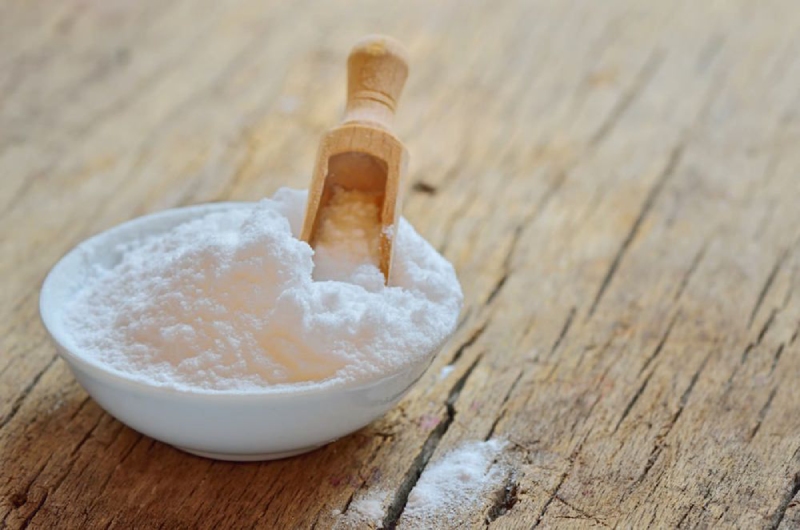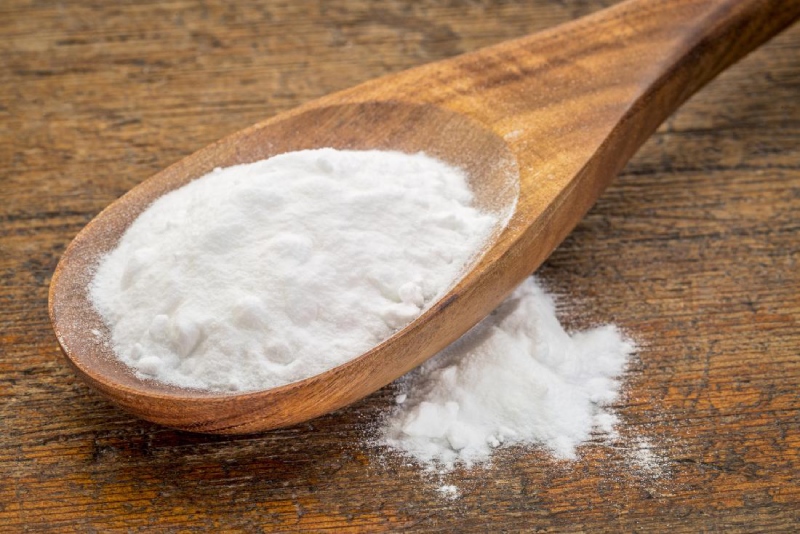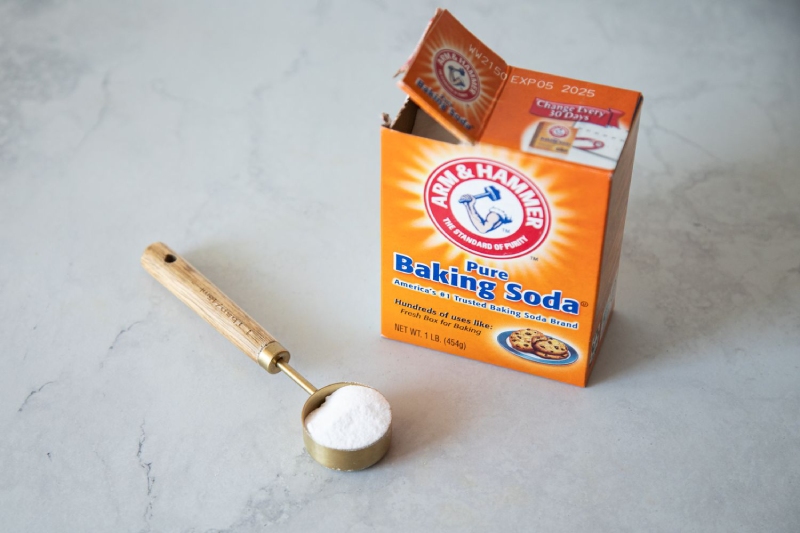For many health-conscious consumers, the lingering presence of pesticides on fruits and vegetables is a concern. Baking soda has emerged as a popular household solution for removing these residues. But is this a scientifically sound practice, or simply a well-meaning myth?
Understanding Pesticide Residues
Pesticides are chemicals used in agriculture to control pests like insects, weeds, and fungi. While they play a crucial role in food production, residual amounts can remain on produce after harvest. The extent of these residues depends on various factors like the type of pesticide used, application methods, and pre-harvest intervals.

The Baking Soda Solution
The idea behind the baking soda wash is that its mild alkaline properties help break down and remove pesticide residues on the surface of fruits and vegetables. Typically, the recommended method involves soaking produce in a solution of one teaspoon of baking soda mixed with two cups of cool water for 15 minutes to an hour, followed by rinsing thoroughly with clean water.
Evaluating the Evidence
Studies have shown promise for the effectiveness of baking soda. Research at the University of Massachusetts found that a baking soda solution removed up to 96% of certain pesticides from the surface of apples within 15 minutes. However, it’s important to note these studies primarily focused on specific types of pesticides and produce.
Expert Insights
While acknowledging the potential benefits of baking soda, experts emphasize its limitations. Firstly, baking soda is unlikely to remove pesticides that have penetrated the skin or flesh of fruits and vegetables. Secondly, it may not be effective against all types of pesticides.
Dr. Sarah Jones, a food safety specialist, advises, “Baking soda can be a helpful step in your produce cleaning routine, but it shouldn’t be the only one. Peeling fruits and vegetables with thick skins can further reduce pesticide residue.”

Practical Recommendations
Here are some additional tips for minimizing pesticide exposure:
- Buy organic whenever possible. Organic produce is grown without synthetic pesticides.
- Choose fruits and vegetables with thick, edible skins. Peeling removes a significant amount of pesticide residue.
- Wash all produce thoroughly under running water. This helps remove dirt, debris, and some surface pesticide residues.
- Consider using a commercial fruit and vegetable wash. These products are specifically formulated to remove pesticides.
Conclusions
Baking soda can be a helpful tool in your fight against pesticide residues, but it’s not a silver bullet. For a more comprehensive approach, combine it with other cleaning methods, prioritize organic produce when possible, and choose fruits and vegetables with thick, edible skins.





